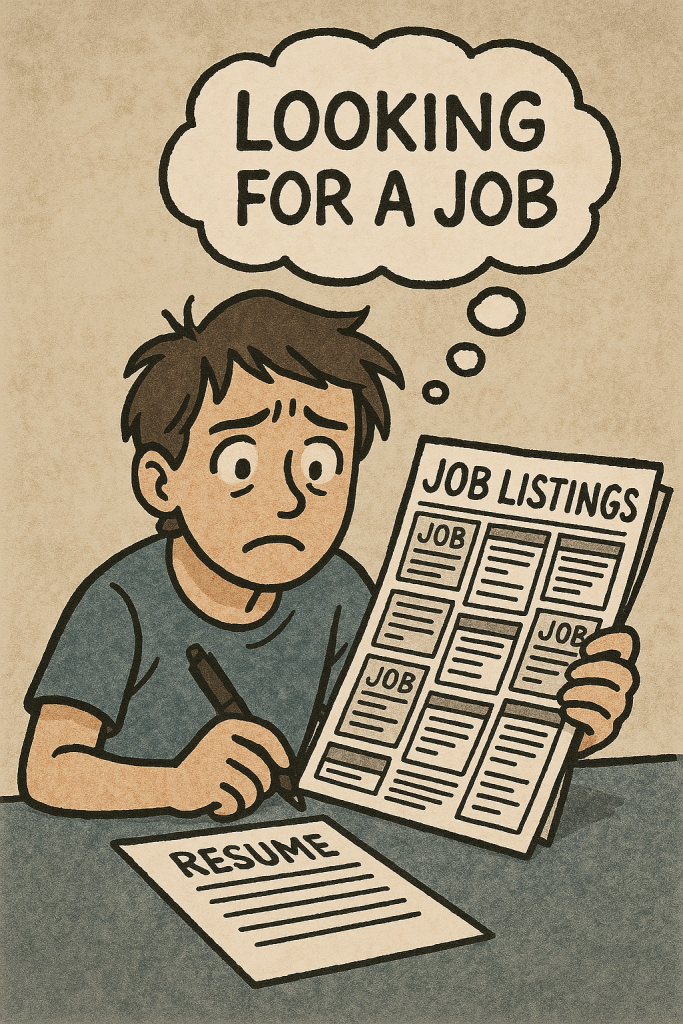Options for Work Permit Holders to Stay in Sweden if Laid Off

If you currently hold a work permit in Sweden, it is linked to a specific role with a particular employer for the first 24 months. This means that if you are laid off, you must apply for a completely new work permit, even if you take on the same role elsewhere or switch to a different position within the company where your original permit was issued.
After the initial 24 months, the rules change slightly. If you change employers but remain in the same role, you don’t need to apply for a new work permit. However, if you also change your role, you’ll need to submit a new permit application.
Keep in mind that when applying for a new work permit, even if you are already working in Sweden, you must meet the requirements in effect at the time of your new application, rather than the conditions tied to your previous permit. This includes fulfilling the salary requirement, providing proof of employee insurance, ensuring support for any family members, and covering the application fee, which is about 2,000 kronor, depending on the industry.
Can I stay in Sweden while waiting?
If you’re laid off, you have three months from the end of your notice period to find a new job, and you can stay in Sweden during that time while you search. If you secure a new job, you can begin working and remain in Sweden while your new work permit is processed, as long as you submit your application before the three-month period ends.
There is an exception to this rule: if your work permit expires before the three months are up, you’ll need to apply for a new permit before your current one expires.
The processing time can vary and is hard to predict. It depends on factors like the industry you will be working in and whether your application includes all the required information.
What other options are available to stay in Sweden if you lose your job?
STUDYING IN SWEDEN
If you were already considering studying in Sweden, you could apply for a study permit. However, if you plan to pursue undergraduate or graduate studies, you’ll need to apply from outside Sweden. Researchers and PhD students, on the other hand, can switch from a work permit to a study permit without leaving the country.
To apply, you’ll need to have been accepted into a course at a Swedish university, university college, higher vocational education institution, or folk high school at the post-secondary level. This means you must first apply and receive an acceptance offer.
Note that there are earlier deadlines for international students compared to those already in Sweden, allowing extra time to finalize your paperwork.
In addition to proof of acceptance to a course, you’ll need to pay tuition fees (as an international student) and show proof that you can financially support yourself during your studies. You’ll also need proof of health insurance.
Once you’re granted a study permit, you can work in Sweden without needing a separate work permit, as long as you’re enrolled full-time in your studies.
If you have family members who will join you in Sweden while you study, you’ll need to apply for permits for them as well, provided you can prove their identities and demonstrate that you have enough funds to support both yourself and them.
LIVING WITH A PARTNER OR FAMILY MEMBER
You can apply for a residence permit to join a family member in Sweden, often referred to as a “sambo permit.” This is typically for living with a partner, spouse, or a child under 18, though in some cases, it may apply to other family members as well.
If you’re planning to marry or become cohabiting partners with someone in Sweden, you can also apply for this permit. However, you may need to explain to the Migration Agency why you weren’t already living together.
The family member you plan to live with doesn’t need to be a Swedish citizen, but they must have either permanent residency or a temporary residence permit as a refugee or a person in need of subsidiary protection.
You will need to provide documentation to prove your relationship. The specific documents required depend on the nature of your relationship. For couples, this might include a marriage certificate or rental contracts showing that you have previously lived together. If you haven’t lived together before, you’ll need to attend an interview.
The family member you are moving to must also demonstrate they can support you, which includes having suitable accommodation and enough income to support both of you. This requirement applies regardless of any income or assets you, as the applicant, may have.
A fee of 2,000 kronor (1,000 kronor for children under 18) is required, but this fee will be refunded if your application is denied.



